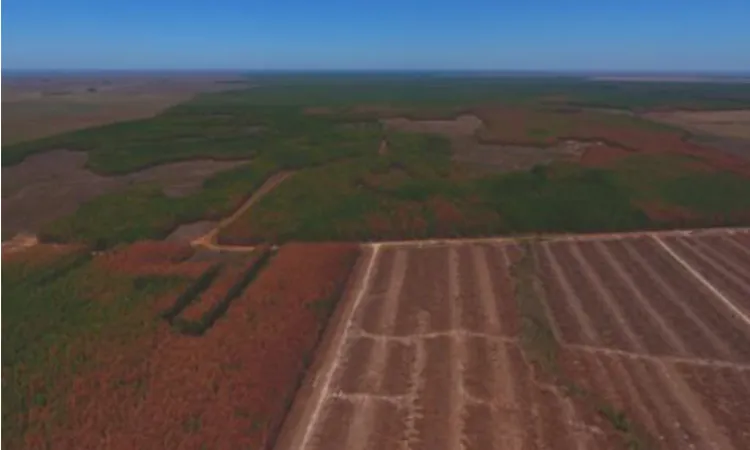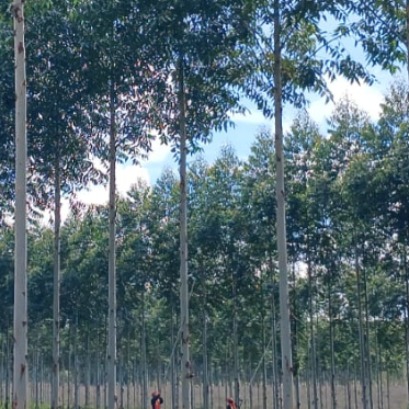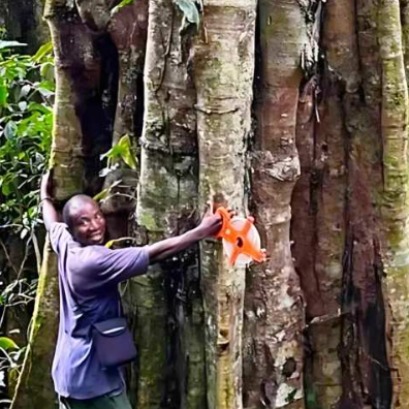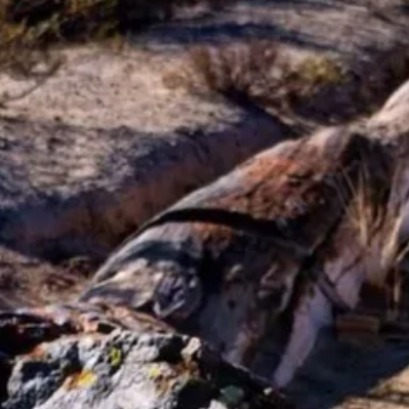
Pine mortality in Corrientes
A technical summary of the impact on forest production and crop recommendations in the face of drought, which has been going on for almost 3 years, was recently presented, and contains the main preliminary results, hypotheses and suggestions provided by the different Working Groups, where INTA participated, with other institutions and producers involved in the mentioned problem. “With technological tools, it was possible to determine a total of 10,543 hectares (82.8% in Pinus spp.; 15.8% Eucalyptus spp. and 1.4% other species) strongly affected, and another 24,202 hectares with a lesser degree of affectation in different areas of the province”, indicates the report. More information doing click here . Source: Inta forestry program – Argentina Forestry
In this sense, the INTA Concordia Agrometeorological station has the following balance where the drought in November that continued to decline in December is noted

IT MAY INTEREST YOU
 Paraguay | The plantations became instruments of territorial development and the generation of decent employment, INFONA highlights.
Paraguay | The plantations became instruments of territorial development and the generation of decent employment, INFONA highlights.
Plantings in different phases, control of ants and weeds, pruning and thinning, mechanized harvest, technology applied to the field and complete integration of the production cycle were part of the CREA Forestal proposal in its Technical Update Conference – JAT Forestal 2025. The event took place on Friday, November 14, at Estancia Ñemity, located in San Juan Nepomuceno, Caazapá, where agricultural producers, technicians, contractors, students and companies in the sector met to observe the forestry business of the future in action.
 Botanists discover giant trees up to 3,��� years old in Tanzania, unknown until now by science
Botanists discover giant trees up to 3,��� years old in Tanzania, unknown until now by science
Scientists have identified a new species of giant tree, Tessmannia princeps, in the Udzungwa Mountains. This species had never before been recorded by science.
 The forest of the oldest shadows: the story of the petrified trees
The forest of the oldest shadows: the story of the petrified trees
One of the natural treasures of Río Negro turns 23 years old under the protection law that allows its conservation. Where it is and how it was formed. Río Negro celebrates 23 years of conservation in the petrified forest as a Protected Natural Area (ANP). It is a space of 625 hectares that protects an exceptional site of fossil trunks that date back more than 60 million years.





















